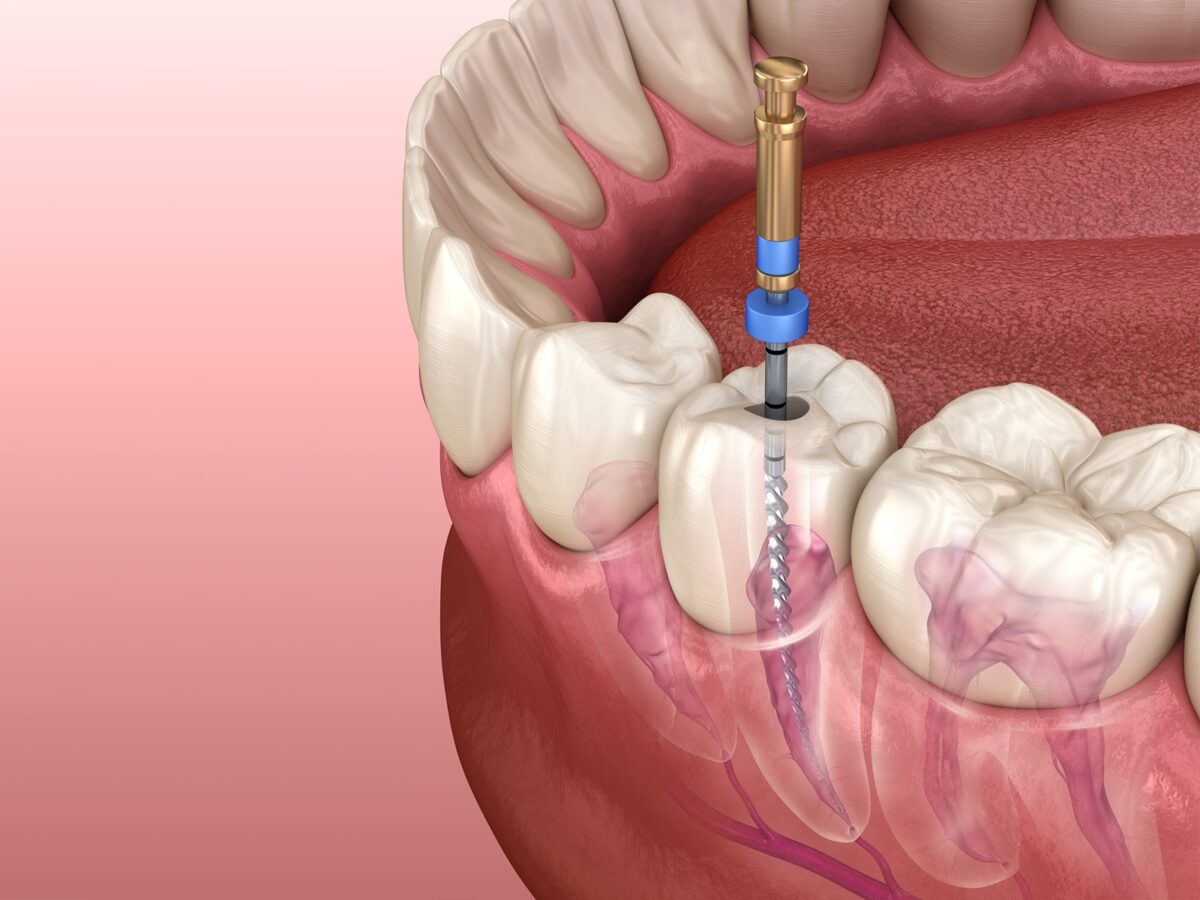Blog
Dental hygiene tips for healthy teeth & gums

Can Amoxicillin Treat Root Canal Infection?
A root canal is a procedure aimed at eliminating bacteria from an infected root canal, preventing further infection, and saving a natural tooth. This process involves removing the infected or inflamed pulp inside the tooth, followed by a thorough cleaning and sealing of the area. With an understanding of the root canal basics, let’s explore the details of a root canal infection.
What is a Root Canal Infection?
While root canals are typically safe and effective, a small percentage of patients may experience a tooth infection following the root canal procedure. Minor discomfort is normal, but persistent pain and tenderness could signal a root canal infection. If the tooth doesn’t fully heal, it may remain susceptible to infection for months or even years. Common causes of root canal infections include:
- Complex root canal shapes may leave some infected areas untreated during the first procedure.
- Delayed placement of a crown following root canal treatment, can expose the tooth to new bacteria.
- Development of a new cavity or tooth damage after the initial root canal.
- Narrow canals that were difficult to clean thoroughly during the procedure.
- The presence of an extra canal that can house bacteria, leads to re-infection.
Can Amoxicillin for Dental Infections Help with a Root Canal Infection?
About this, one has to understand that procedures such as root canal treatment do not respond to antibiotics like Amoxicillin. When an infection starts at the root of the tooth it means that the blood vessels through which anti-bacterial agents are transported have degenerated. This reduces the chances of the antibiotics getting to the site of infection. The best way to handle a root canal infection is to seek a dentist in Victoria, TX immediately.
Amoxicillin on its own is not going to clear an infection that requires a root canal treatment but may be used in cases that involve some infection or inflammation around the affected area. Other dental works that may be advised include re-working of the root canal or even a surgical operation to have the infected tissue removed. In more serious conditions, the dental professional may advise the patient to undergo a root-end surgery, apicoectomy, to remove the infected end of the root and avoid other problems.
Recognizing Symptoms of Root Canal Infection
After a root canal, it’s essential to recognize the signs that could indicate lingering infection:
- Persistent Pain: If pain continues beyond the initial recovery period, it might indicate a deeper issue.
- Swelling or Discomfort: Swelling in the gums near the affected tooth may point to an infection.
- Bad Taste or Odor: An unusual taste or smell may signal the presence of bacteria within the tooth.
- Visible Abscess: If an abscess appears on the gums near the treated tooth, it’s a clear sign that infection may be present.
If you notice these symptoms, consulting with a dentist in Victoria, TX promptly is crucial for timely intervention.
Additional Treatment Options Beyond Amoxicillin for Dental Infections
Though Amoxicillin can handle some dental infections, it is not the only cure for root canal infections. Some patients may require further special treatment from their dentists in fighting this infection.
- Root Canal Retreatment: When the initial root canal treatment was not sufficient to remove the infection completely, a dentist may advise retreatment to clean and fill the canal again.
- Apicoectomy (Root-End Surgery): This procedure removes the infected tip of the root to stop the infection from spreading.
- Extraction and Replacement: In severe cases, if the tooth cannot be restored, it may have to be removed and then replaced through an implant or a bridge.
Conclusion: Taking Prompt Action with a Dentist in Victoria, TX
A root canal infection needs prompt and professional treatment to prevent further complications. While Amoxicillin for Dental Infections can be part of an infection management plan, it cannot penetrate deeply enough to resolve a root canal infection alone. To get a permanent solution to this problem it is advisable to see a professional dentist in Victoria, TX for diagnosis on the most appropriate way to handle the problem. That is why early treatment is valuable; a child’s tooth can be saved and their dental health improved. If you are having post-root canal sensitization, do not delay – contact your dentist to develop an appropriate treatment plan for you.
Don’t delay—schedule an appointment with a dentist today to get timely and effective treatment!


